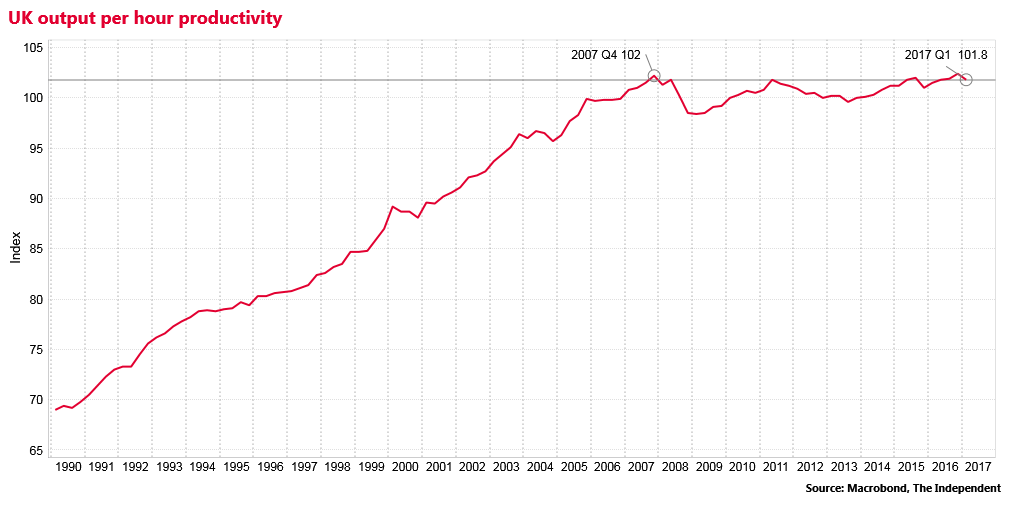TomWaitsForNoMan
Banned
I have a quick question for those of you who live in the U.K. Ever since the Brexit vote last year, I've found myself wanting to keep up more with the consequences of Brexit, and as a result of that interest I'm now looking to keep up to date with UK and European politics. Most US based media sources don't put much time into reporting on these topics outside of major events like the recent U.K. election. The NY Times has the best US based international coverage, but it still only scratches the surface. I also read The Economist but I'd like to supplement that with more daily news.
With that said, I'm curious what sources would be good for an American who is interested in keeping with these issues. Would getting a digital sub to a newspaper like The Times of London would be a good option. It's very affordable as an iTunes subscription, but I want to be sure it's a reliable source before proceeding. I really liked the content of the Financial Times when I picked up a copy waiting for my flight home from Heathrow when I visited London earlier, but the subscription is a bit too pricy for me (around $36 a month) given I already have a couple subscriptions.
Any suggestions/advice would be much appreciated.
Unfortunately the FT might well be your best bet, and I say that as a socialist. It's obviously going to be heavily tilted to the right but it has some actual analysis of issues which a lot of papers don't these days. If you want to know what the business class is thinking there's nothing better. The last 15 years or so have seen the quality of most of the press decline massively. The Times, Telegraph, Independent, and Guardian are shadows of their former selves and no longer worth the money imo.
Yeah, even though it's the priciest, the Financial Times is probably the best for a foreigner looking in. Neither The Times nor The Guardian are bad shouts, but I really wouldn't recommend The Telegraph or The New European. You might even consider a subscription to either of the main current affairs magazines - The Spectator (right wing) or The New Statesman (left wing). I think the United States has a better selection of newspapers, whereas their broadcast media never gets above absolute garbage level.
Bear in mind that although the Spectator has a rep for being a "reasonable" right wing magazine they publish an outright Golden Dawn supporting Neo-Nazi in Taki and various other flavours of bigot like Melanie Phillips, Douglas Murray, Rod Liddle etc. It's a fucking rancid little rag.
The New Statesman has been pretty laughable in terms of its analysis too. It's very much a left-liberal magazine which means they're oblivious to a lot of the political changes that are occurring at the moment. You need only see the number of times George Eaton's "scoops" have been hilariously off the mark to be put off taking it seriously. They've got a pretty bad record on transphobia too. They do have some good eggs though, Stephen Bush for example has been pretty decent. Might be worth having a look through the articles on their website to see if it's for you or not.



